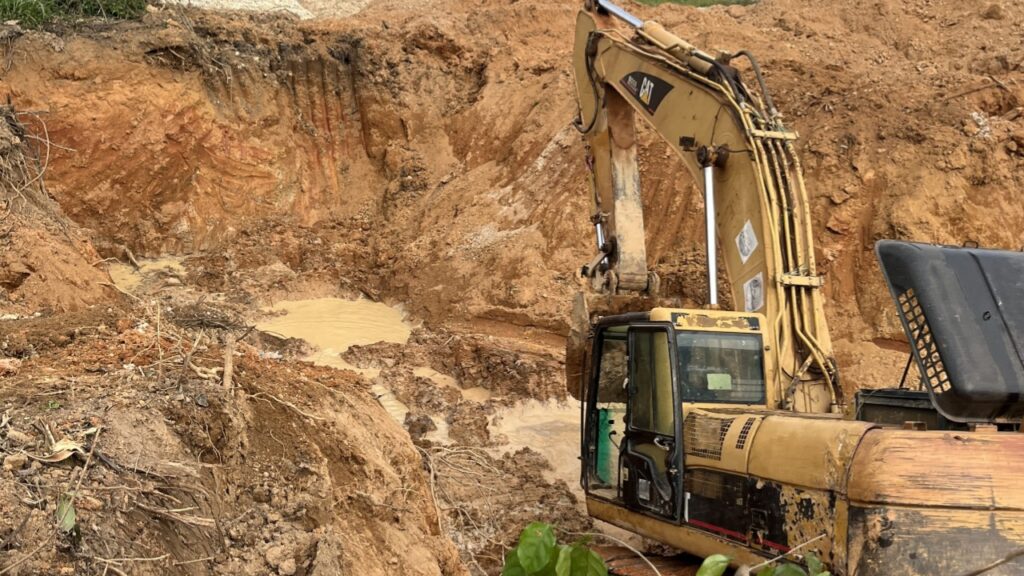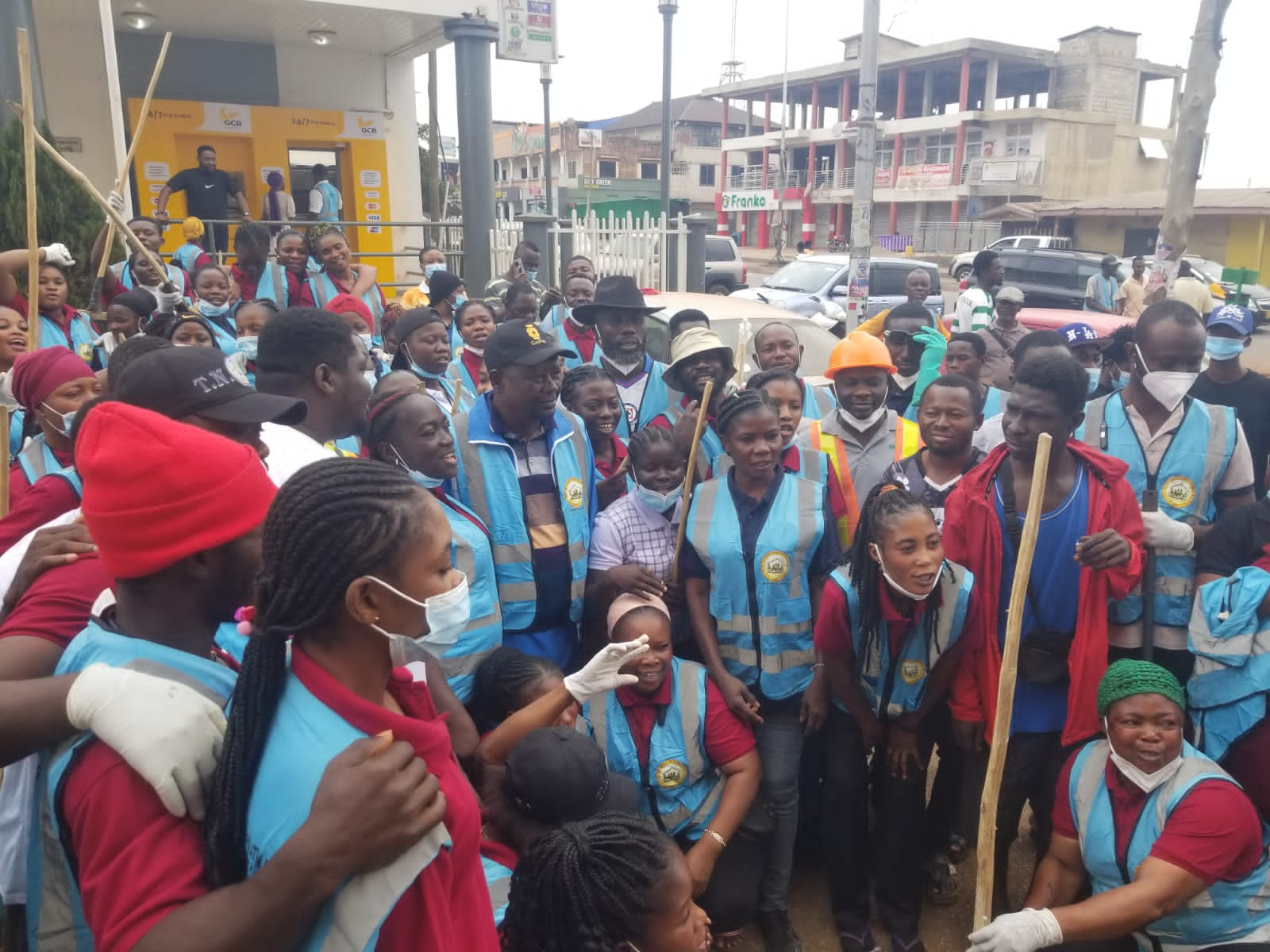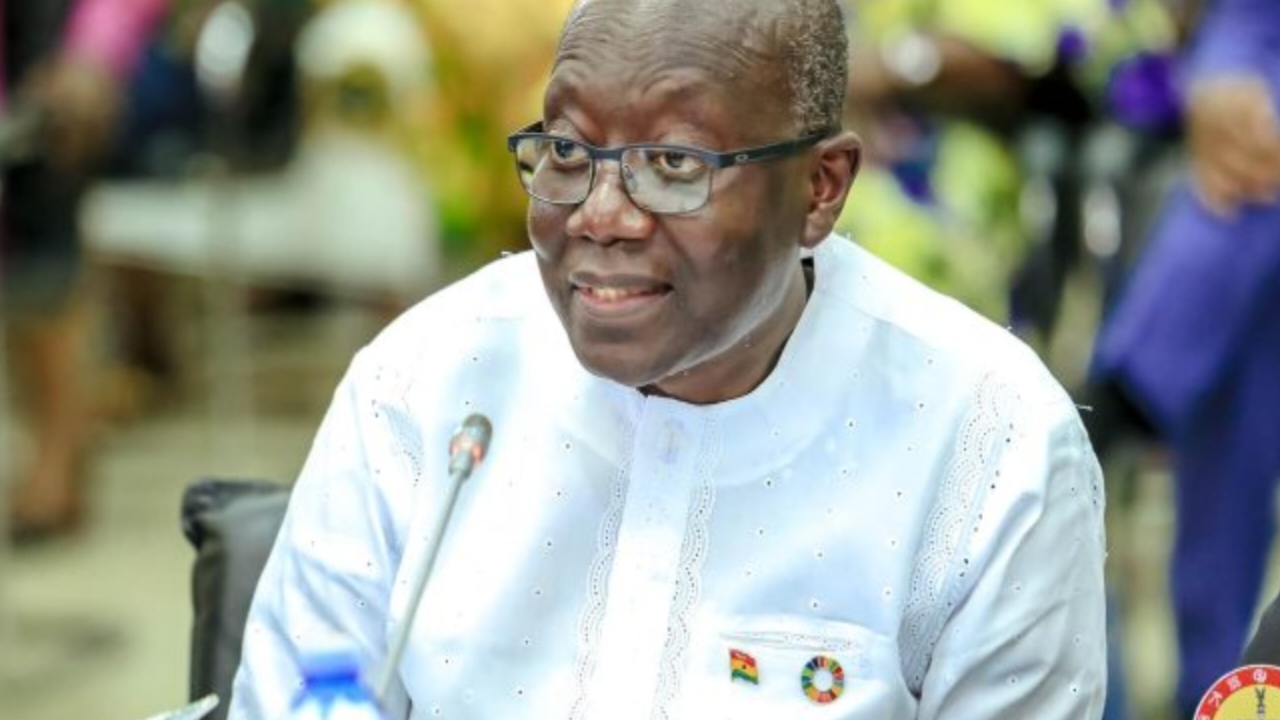Illegal mining, also known as Galamsey, continues to damage Ghana’s environment. Despite efforts to stop it, the legal framework still has gaps. Authorities need clear laws to guide their actions, especially when destroying equipment used for these activities. To act decisively, Ghana must align its mining and forest laws.
Last week, I proposed changes to our mining laws. I suggested allowing the deportation of foreigners involved in Galamsey and authorising the destruction of illegal mining equipment. This week, I examine two forest-related laws that touch on this second issue. These laws also need changes to support strong legal action, even in protected areas.
The first law is the Forests Act (FA). It began as the Forests Ordinance in 1927. The FA bans unauthorised activities in forest reserves. It defines “taking forest produce” to include collecting, transporting, or processing any forest material. It gives Forest Officers and District Chief Executives the power to seize the produce and any tools used in the offence.
The second is the Forest Protection Act (FPA). This law also bans unauthorised dealings with forest produce. It allows Forest Officers to prevent such crimes using necessary measures. If someone is convicted, the court may order the equipment used to be forfeited. If no one claims ownership after 14 days, the state automatically takes it. The Minister may then sell the equipment and use the money to support forest rehabilitation. If there’s no prosecution, the law requires officials to return the property.
At first glance, these laws might seem to support the destruction of illegal mining equipment found in forests. Some believe the FPA’s line about “taking all necessary steps” includes burning this equipment. But that view is flawed.
Both laws exclude minerals controlled by mining laws. They clearly state: “other than minerals within the meaning of an Act regulating the working of minerals.” This wording matters. It defers all authority over minerals to the Minerals and Mining Act (MMA). The MMA controls all natural substances formed by geological processes, no matter where they’re found. So, the FA and FPA do not cover mining activities or the equipment used. They cannot legally justify destroying mining machines. Even if they could (which they can’t), Galamsey doesn’t only happen in forests. It happens nationwide. That’s why the MMA must be the law that addresses this issue directly.
If Ghana wants to destroy illegal mining equipment without a court order, the law must say so clearly. We can’t rely on vague interpretations or risk court challenges.
A proper amendment to the MMA should allow destruction when owners are unknown or the equipment can’t be moved. It should also give steps to follow after the destruction, including how to handle remains. This would ensure legal and fair enforcement.
Such a law would show responsibility. It would give real legal backing to our environmental policy. Parliament must step up and change the law. Illegal mining harms water bodies, forests, and livelihoods. We need stronger tools to stop it.
Updating the MMA to match the FA and FPA would remove confusion. Each law would handle its proper area. This clarity would help Ghana fight Galamsey in a stronger, legal way.
But if the Executive delays proposing a bill, or Parliament fails to act, we must ask why. Are leaders worried about international criticism? Do some benefit from unclear laws? These are tough questions, but we must ask them.
If Ghana’s policy is to destroy illegal mining equipment, the law must support it. We cannot fight crime by breaking the law. Our commitment to the environment and future generations must guide both our policy and our laws.













